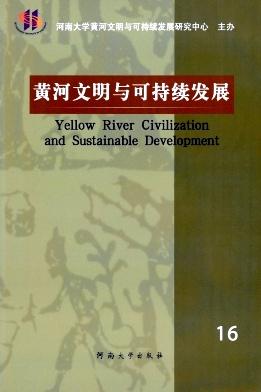Digitalisation in times of COVID-19 - the behavioural shifts in enterprises and individuals in the Sector of Bioeconomy
引用次数: 0
Abstract
Although our daily life within a modern society is unimaginable without the use of information and communication technologies (ICT), the COVID-19 crisis really highlighted the ways we can maximise the use of digital technologies in optimising our work in distance working conditions with limited ability to contact each other physically, make direct sales and ensure the physical document rotation. All these limitations have pushed the governmental organisations, enterprises, and households to utilize numerous means of digital services and digital transformation aspects that had been started to be used, but the last year has rapidly pushed forward such aspects of digitalisation as digital sales, distance work using co-working platforms and cloud storage, electronic signature of documents and others. This study aims to assess the trends in online sales and use of e-tools from the perspective of enterprises and individuals in Europe in the sector of bioeconomy with the focus of the Baltic States and Latvia that could be used to strengthen the digitalisation component during and post COVID-19. In this paper, the authors have reviewed the scientific literature, policy planning documents, analysed relevant statistical data, performed statistical analysis, and estimated the tendency of the use of eSignatures in Latvia by applying the Holt's two-parameter model of exponential smoothing. The main results indicate a significant increase in motivation towards digitalisation that has increased rapidly in line with the necessity for an online shopping and distance work setting. Authors suggest supporting this tendency also in the after-COVID life, which would have a great impact on the overall digital transformation and potential to unlock new markets for bio-based products.2019冠状病毒病时代的数字化——生物经济领域企业和个人的行为转变
尽管现代社会的日常生活离不开信息通信技术(ICT),但2019冠状病毒病危机确实凸显了我们可以最大限度地利用数字技术优化远程工作条件下的工作,因为我们无法面对面联系、进行直接销售和确保实体文件轮换。所有这些限制都促使政府组织、企业和家庭利用许多已经开始使用的数字服务和数字化转型方面的手段,但去年已经迅速推动了数字化方面的发展,如数字销售、使用联合工作平台和云存储的远程工作、文件的电子签名等。本研究旨在从欧洲生物经济领域的企业和个人的角度评估在线销售和使用电子工具的趋势,重点是波罗的海国家和拉脱维亚,可用于在COVID-19期间和之后加强数字化部分。在本文中,作者回顾了科学文献、政策规划文件,分析了相关统计数据,进行了统计分析,并运用指数平滑的Holt双参数模型估计了拉脱维亚使用电子签名的趋势。主要结果表明,随着在线购物和远程工作环境的必要性,数字化的动机显著增加。作者建议在covid - 19后的生活中也支持这一趋势,这将对整体数字化转型产生重大影响,并有可能为生物基产品开辟新市场。
本文章由计算机程序翻译,如有差异,请以英文原文为准。
求助全文
约1分钟内获得全文
求助全文

 求助内容:
求助内容: 应助结果提醒方式:
应助结果提醒方式:


